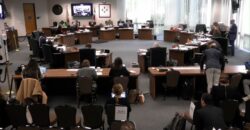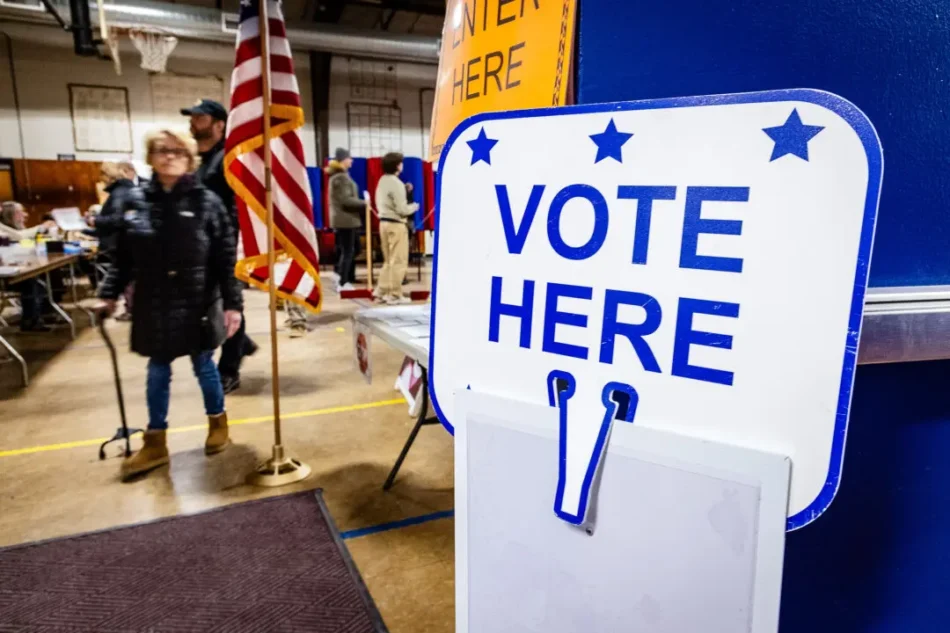Background:
In the November 2024 elections, several states considered ballot initiatives proposing significant changes to the electoral process, including ranked-choice voting (RCV) and open primaries. Despite extensive campaigns advocating for these reforms, voters in multiple states—including Arizona, Colorado, and Nevada—rejected the measures.
Proposed Reforms:
- Ranked-Choice Voting: This system allows voters to rank candidates by preference rather than selecting a single choice. Proponents argue that RCV ensures elected officials have broad support, reduces negative campaigning, and encourages third-party candidates.
- Open Primaries: Under this system, all candidates, regardless of party affiliation, compete in a single primary, with the top candidates advancing to the general election. Advocates believe open primaries reduce partisan polarization and give voters more choices.
Campaign Efforts:
Advocacy groups invested over $100 million in promoting these reforms, emphasizing their potential to make elections fairer and more representative. High-profile endorsements came from organizations across the political spectrum, including nonpartisan think tanks and voter rights groups.
However, opposition campaigns argued that these systems could be confusing for voters, increase election costs, and fail to deliver the promised benefits. They also raised concerns about unintended consequences, such as strategic voting and the dilution of minority voices.
Reasons for Rejection:
The failure of these initiatives can be attributed to several factors:
- Lack of Voter Awareness: Many voters were unfamiliar with how ranked-choice voting and open primaries work, leading to skepticism about their effectiveness.
- Partisan Resistance: Both major political parties opposed the reforms, fearing they could weaken their influence in elections.
- Complexity: Critics argued that the systems are too complicated for voters accustomed to traditional methods, potentially leading to lower participation and increased errors.
Implications for Future Reforms:
The rejection of these measures highlights the challenges of implementing election reforms in a deeply polarized political environment. Advocates will need to focus on public education and address concerns about complexity and feasibility to gain broader support.
While the results were a setback for reformers, they also underscore the importance of engaging voters in discussions about how to improve the democratic process. Future efforts may focus on incremental changes rather than sweeping reforms to build trust and understanding among the electorate.










